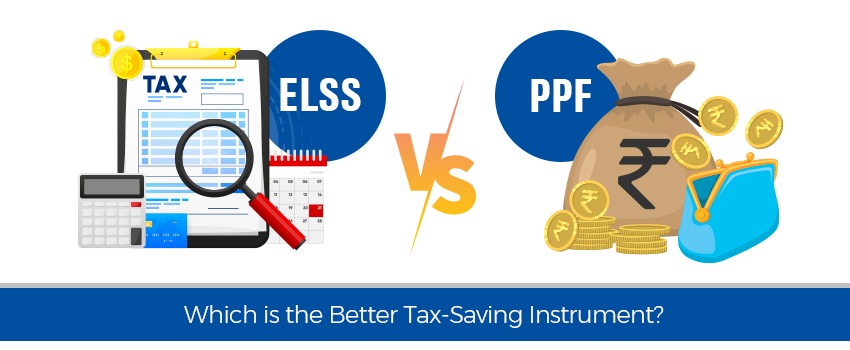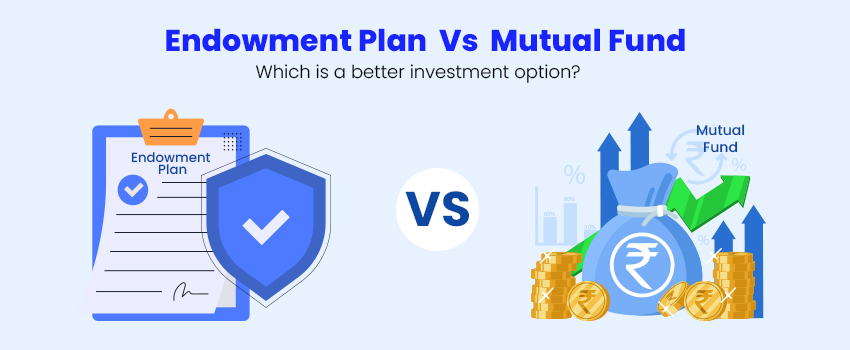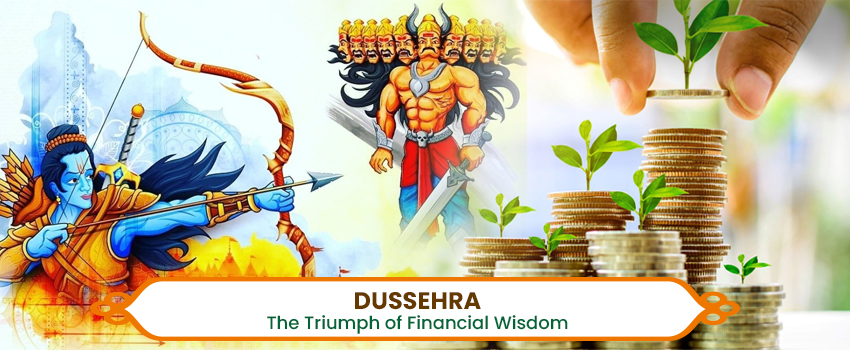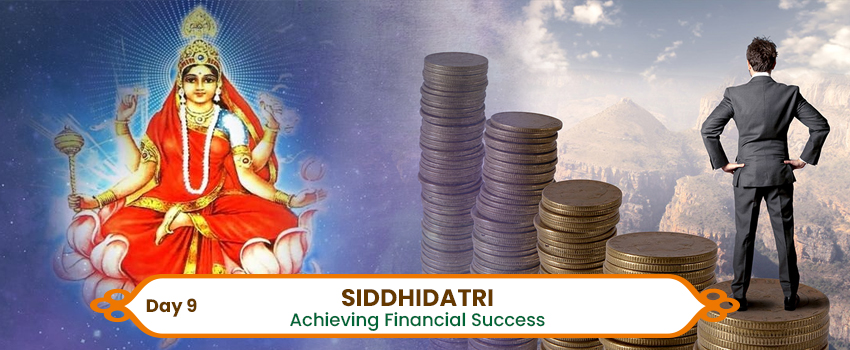A passive investor (non-executive) imagines himself in different shoes than an entrepreneur. We understand that since the operational part of business is not done by an investor, he considers himself different from an entrepreneur. But thanks to stock market mood swings an investor stands to gain almost equal to or just slightly lower return than what an entrepreneur does.
Let us explain.
We believe that investor almost always tracks ‘only’ stock price which essentially tells NOTHING. He often discards how the business is doing. We feel that an investor ought to track cash flows of the company from time to time and try to estimate whether it is increasing or decreasing and the levers leading to this change.
As an analyst (wearing investor hat), we completely ignore stock price movements (read noise). We check stock prices only from intention of adding more stake or trimming the stake rather than checking what we actually earned every month or every quarter from “stock price gains”.
What does this mean?
We regularly check what price we paid for the business and what kind of profits the company earned. Say, we bought Bajaj Auto at Market Cap of Rs. 48,000 Cr, with cash of Rs. 9,000 Cr and its earned ~ Rs 3,300 Cr free cash flows in FY 16. That’s ~8% p.a. ex-cash (3,300/39,000) (Not exact numbers) [Our interpretation of free cash flows is not accounting FCF but EBITDA-WC(ops.)-Maintenance Capex]
Let’s say that over 10 years Bajaj Auto can increase its pricing by 4% every year and experience volume growth of 5% in lines with long term estimated GDP growth rate. Ignoring operating leverage or cost cutting benefits, at 9% CAGR we would get Rs. 7,812 Cr (7,812/39,000) i.e. 20% return on original investment (Ignore inorganic growth).
Assuming no tech obsolescence, no further growth in profits, over next another 10 years if it continues to earn 20%, we would average return on our original investment at 16.6% per annum over 20 years.
That’s one hell of a return in an economy which is likely to experience inflation of ~4% p.a. If you feel 16.6% is not great enough, over 20 years it compounds Rs. 1 Lac to Rs. 21 Lacs. (Stellar returns despite ignoring exit multiple on terminal year’s earnings; Good management will pay-out excess cash through dividends or tax-efficient buy-back)
Now if everyone of us starts thinking of a stock as a business, we are likely to be unaffected by stock price swings from time to time. Instead every correction we would start seeing as opportunity and add more stake.
Hence, we strongly feel that an investor should constantly keep tracking great companies and capable management and bet heavily when they trade at bargain prices. One may stick to select sectors (just like a businessman) if he understands business models of those sectors very well. Sticking to just 50-70 businesses wouldn’t be wrong unless you have an advisor by your side. Warren Buffett has made most of his wealth by investing in Insurance (General/Re-in), Consumer Durables, consumer staples and consumer financial services.
If you liked what you read and would like to put it in to practice Register at MoneyWorks4me.com. You will get amazing FREE features that will enable you to invest in Stocks and Mutual Funds the right way.
Need help on Investing? And more….Puchho Befikar
Kyunki yeh paise ka mamala hai
Start Chat | Request a Callback | Call 020 6725 8333 | WhatsApp 8055769463










are there any risk factors involved in equities? if yes then what are they?
If you are holding a diversified portfolio of 15-18 stocks over 10 years, we are certain that Equities are not very risky.
But what matters the most is whether you have surplus funds which you can deploy in the market for 5-7 years. If you have financial commitments over next 2-3 years, equity investing is extremely risky.
Equity investing is a long term investing option which may be vary in prices in short term but would give better returns than most of the assets available in the market. We have seen most of the investors don’t follow discipline in equity investing and option hop in and out of equity which have given them below average returns or even losses. But if you follow discipline in buying stocks at right time, right price and holding 15 stocks atleast, probability of making returns more than Fixed Deposits increases considerably. 5Yrs-7Yrs Average Equity Returns would typically be country’s GDP growth Rate + Inflation +/-2%. We expect over 11-13% returns over next 5-7 years.
Call us on 020 -67258333 for more info